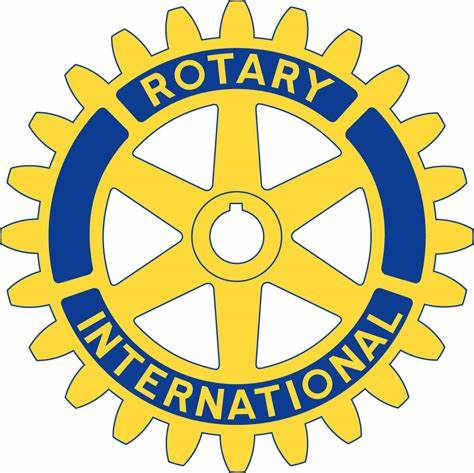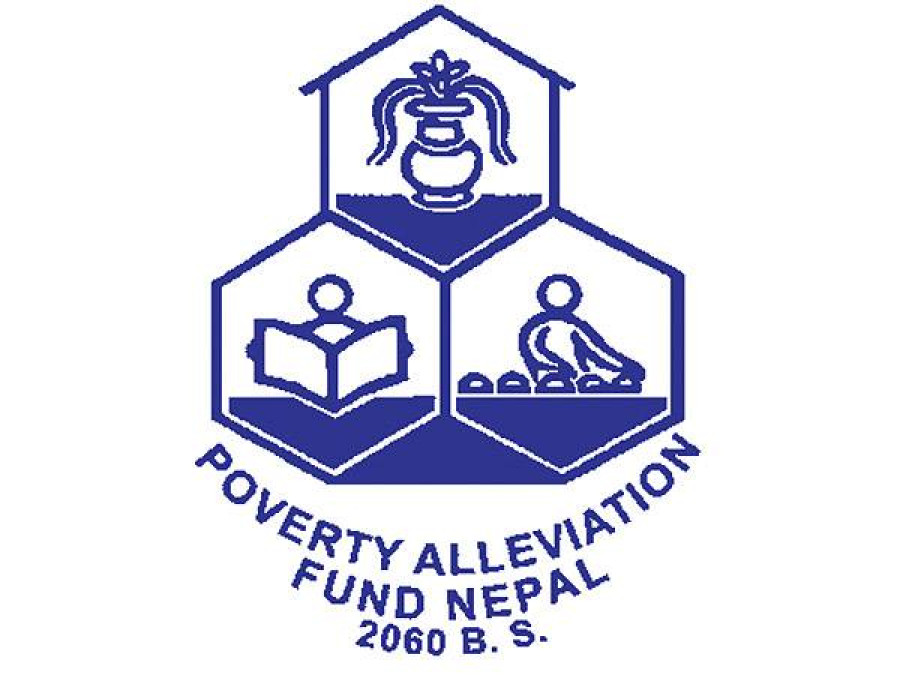Founder President, Rural Women's Development and Unity Centre (RUWDUC)
Established in 1995, Rural Women’s Development and Unity Centre is a nonprofit organization that works in the areas of education, health, environment, mediation, and peacebuilding. It has 5 established branch offices with over 75 staff members. RUWDUC is active in Nepal’s most remote regions, increasing women and youth’s access to multi-sectoral development programming and services through awareness raising, advocacy, and service delivery.









